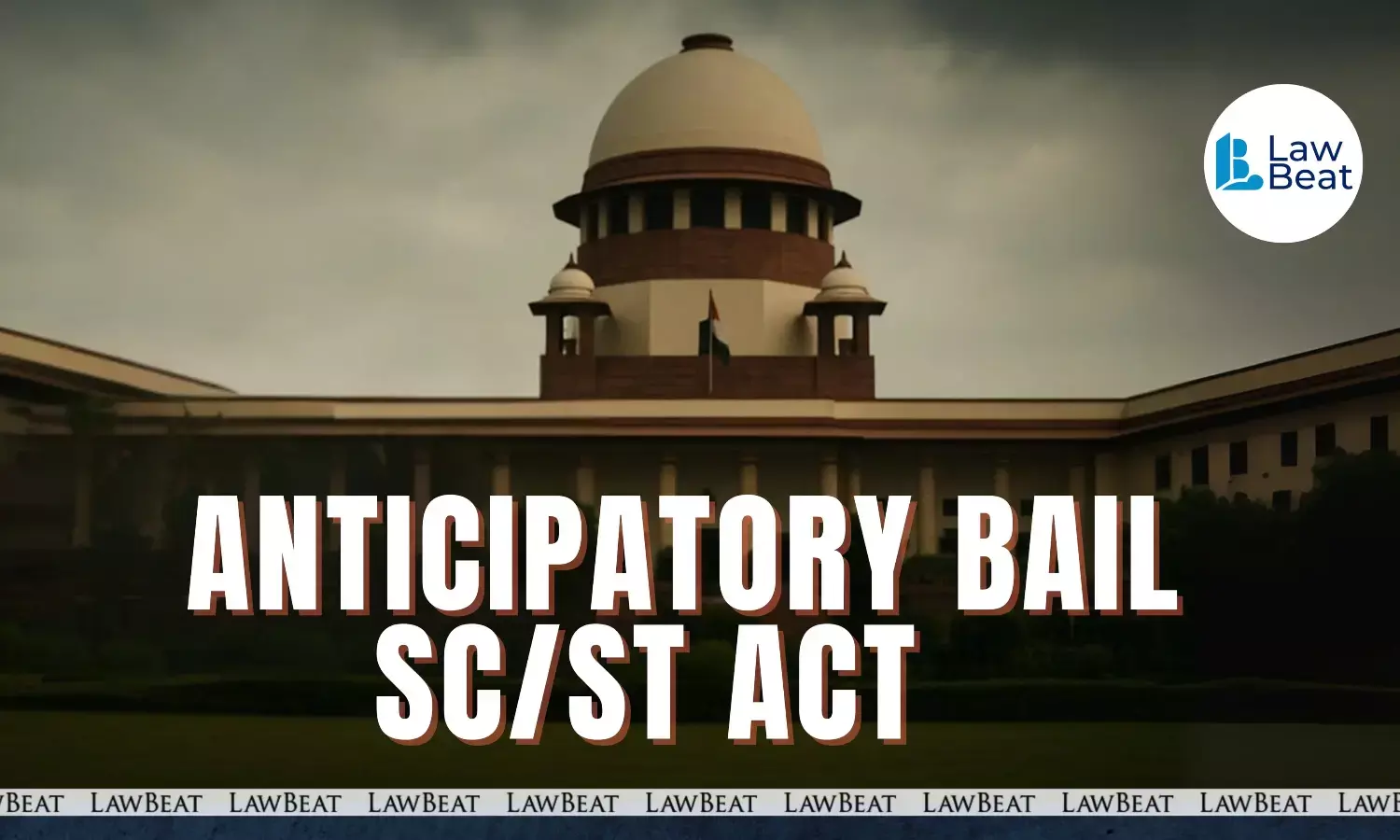
Supreme Court Tightens Rules on Anticipatory Bail Under SC/ST Act
The Supreme Court of India has made significant changes in how anticipatory bail is granted under the Scheduled Castes and Scheduled Tribes (Prevention of Atrocities) Act, 1989. This recent ruling has clarified the conditions under which anticipatory bail can be considered, aiming to strike a balance between upholding the rights of accused individuals and protecting the interests of victims.
One of the key aspects of this decision is the emphasis on a conditional granting of anticipatory bail. The court indicated that such bail should not be granted automatically under the SC/ST Act. Instead, it should only be approved if there is no prima facie case against the accused. Furthermore, the court highlighted that the bar against anticipatory bail, as outlined in Section 18 of the Act, applies solely when a prima facie case has been established.
While the ruling states there is no absolute prohibition on anticipatory bail under the SC/ST Act, the decision must be grounded in factual evidence. This approach encourages a careful assessment of each case's merits, which was notably outlined in the case of Shajan Skariah vs. Kerala (2024). Here, the court established judicial parameters that guide this careful evaluation.
Striking a proper balance is crucial; the judgment reinforces the necessity of considering both the rights of the accused and the needs of victims. In doing so, it aims to prevent the misuse of the law while ensuring that justice is served. As a result, this ruling represents a pivotal shift towards a more responsible application of anticipatory bail in SC/ST Act cases.
